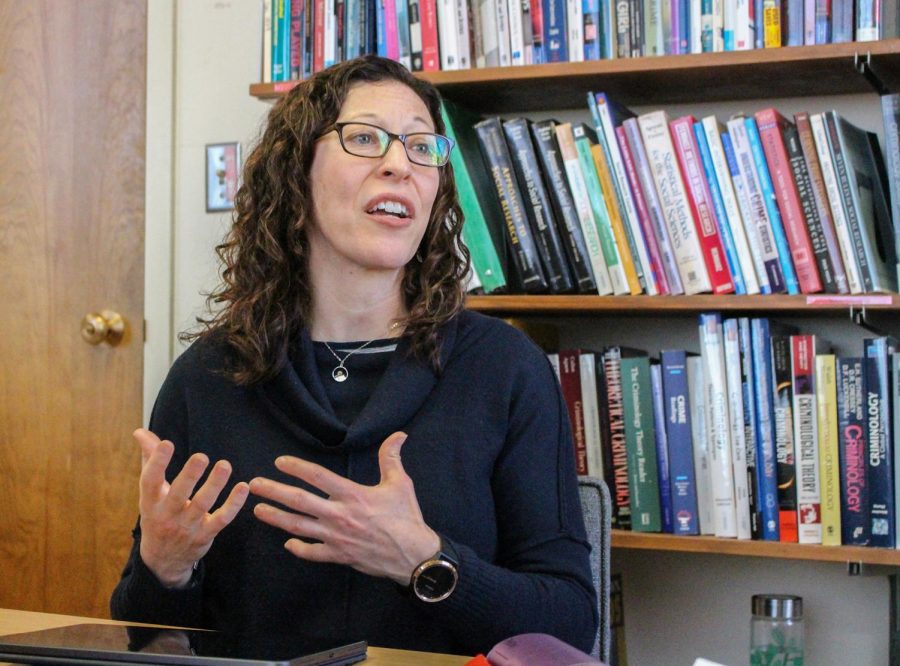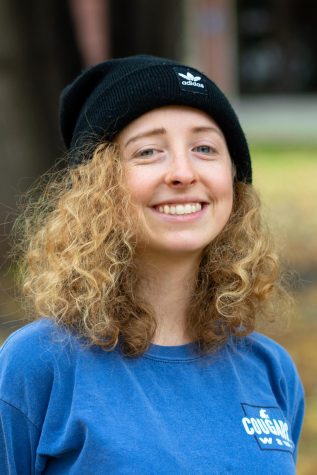Sociologists examine rural justice systems
Project will be around 15-months long; will be working with, collecting data from jails, law enforcement, justice systems
Sociology professor Jennifer Sherman is one of the five people chosen to take part in the Foley Fellows program
February 13, 2020
WSU sociologists are examining ways to reduce rising incarceration rates in rural areas as a part of grant-funded research project.
Sociology professor Jennifer Schwartz and associate professor Jennifer Sherman will speak to people working in rural jails, law enforcement and other parts of rural justice systems. They will also collect data in those areas.
“This project has a lot of potential to positively impact people’s lives,” Sherman said.
The Vera Institute of Justice, a nonprofit national research organization, awarded the professors a $200,000 grant to look at rural justice systems. The project is set to be around 15 months long but may be extended.
Schwartz and Sherman are currently reaching out to local partners and building trust among them, Sherman said. They are going through review board processes and figuring out the logistics of their research. They plan to send a qualitative team to the communities so they can acquire data in the summer.
They hope to develop solutions tailored to the needs of rural communities from the project’s results, Schwartz said.
Jail and prison reforms created in western Washington do not acknowledge rural needs, she said. There is an imbalance in resources that flow to the west, while eastern Washington’s problems are not effectively addressed, Schwartz said.
One of the aims of the project is to make recommendations for policy changes, as well as give those in rural Washington a voice to address their specific needs, Sherman said. Researchers also want to find ways to disrupt the system where it is easy for people to fall into jail or prison, but harder to get out.
“If we can just get that person out of the system in the first place, we’ve got less of a strain on the justice system in these small communities,” Sherman said.
Both Sherman and Schwartz have different areas of expertise in past research and methodologies. Sherman is a qualitative sociologist who focuses on poverty and rural communities. Schwartz focuses on numerical data and is knowledgeable in criminology.
Sherman and Marisa Cervantes, a WSU graduate student, will interview justice-involved individuals, do courtroom watching and ethnographic observation. By doing so, researchers will witness what people’s lives look like, how they engage with the justice system and what kinds of issues they face, Sherman said.
Schwartz will try to find trends in jail growth and trace how people filter through jail on a quantitative level. The data will help identify what common issues rural communities face on a macro-level.
Overall, this research will help local partners think about why they are incarcerating people, what their aim is in doing so and how they can do it more justly, she said.











